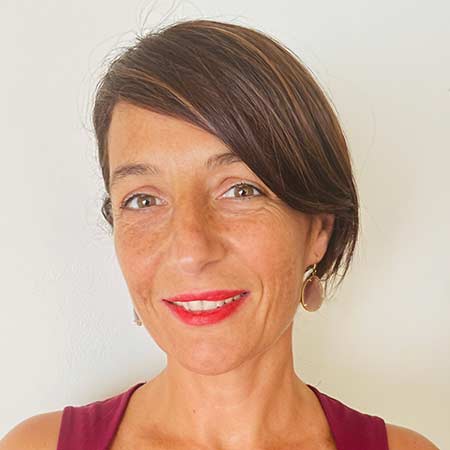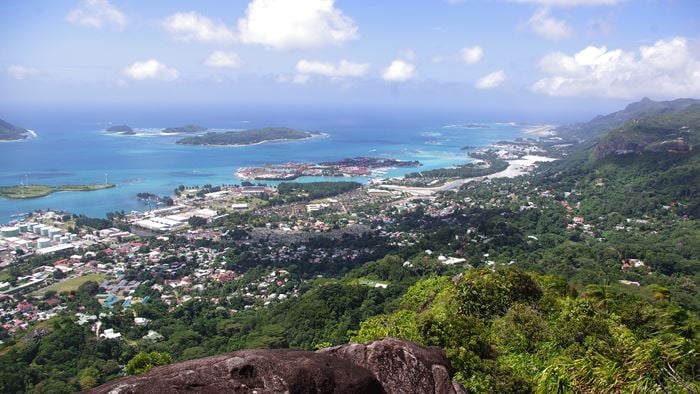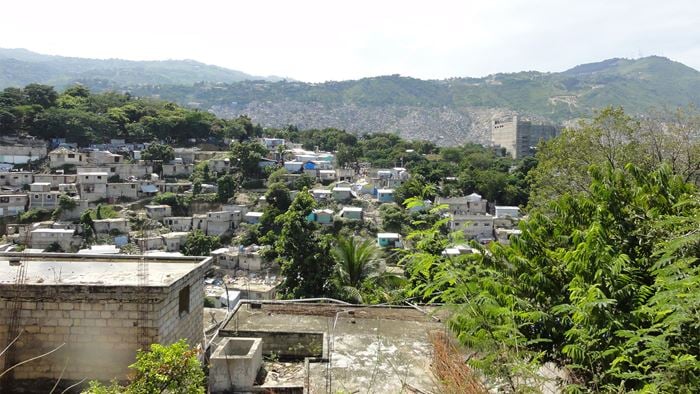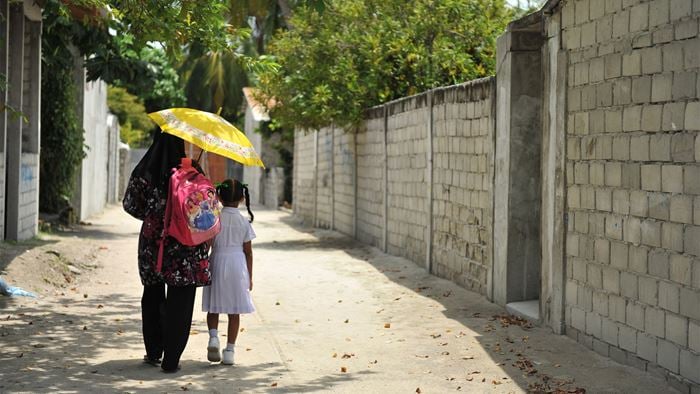Small Island Developing States (SIDS) are highly vulnerable to a range of shocks and stresses, as well as the direct effects of climate change. A multi-sector solution is required to solve the interconnected challenges faced by these communities.
Arup developed a spatial analysis and planning methodology to assess the resilience and predicted impact of climate change in SIDS. The findings enable decision-makers and planners in SIDS to make long-term decisions regarding land-use governance and sectoral investments.
We are working with national ministries and key stakeholders in the Dominican Republic to assess and map resilience and the impact of climate change at country-level. The assessment will support the development of a resilience-building strategy and climate action plan, guided through a set of spatial and sectoral adaptation interventions and priority projects.
Assessing community impact
The Dominican Republic is one of the ten most vulnerable countries to climate change. It is prone to a variety of natural disasters including hurricanes, earthquake, floods, tropical storms, droughts and landslides, which affect human settlements, productive activities, drinking water, energy generation and tourism. Global climate change symptoms, such as sea level rise, warmer weather, and more frequent flooding, are worsening the situation and can severely impact development prospects in the Dominican Republic.
Project Summary
600 million People live on SIDS worldwide
3%Dominican Republic population live 5m below sea level
18%Dominican Republic population live in rural areas
“Arup takes a systems-approach to strengthen the resilience of SIDS to shocks and stresses, and to contribute to the ongoing wellbeing of their populations ”
Sara Candiracci Associate Director
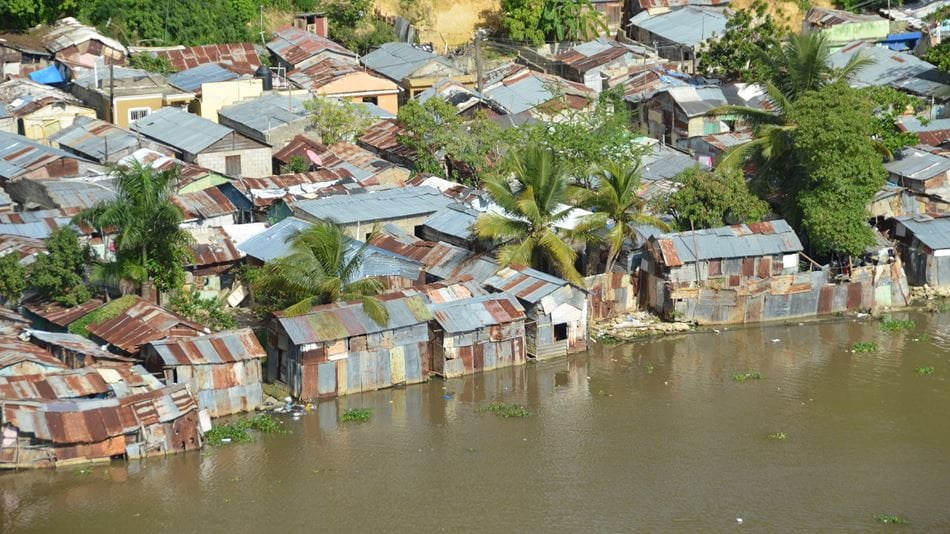
Climate-change ready
In line with the country’s vision for 2030 and the 2010-2030 National Development Strategy (NDS), the Government of the Dominican Republic aims to achieve a ‘sustainable society that protects the environment and natural resources, and promotes climate change adaptation’. Climate change adaptation and mitigation are a constitutional priority and a key driving principle of the country’s future planning.
This commitment is supported by several documents, including the National Policy on Climate Change, the Climate Compatible Development Plan (CCDP), and the National Adaptation Plan of Action (NAPA-DR). The participation of Santiago de los Caballeros, the second largest city in the Dominican Republic, in the 100 Resilient Cities network, signals the government’s commitment to become more resilient to physical, social and economic challenges, as well as disaster exposure.
Small Island Developing States: Building resilience and climate action
Arup takes a systems-approach to strengthen the resilience of SIDS to shocks and stresses, and to contribute to the ongoing wellbeing of the island populations, maximising the opportunity for them to remain in place.
Download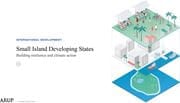
We ran a workshop with local stakeholders to develop a resilience-building strategy.
Towards country-level resilience
With support from the European Commission and the United Nations Development Programme (UNDP), and in collaboration with Santo Domingo Institute of Technology (INTEC), Arup is working with national ministries and key stakeholders in the Dominican Republic to undertake a country-level resilience assessment and mapping exercise, which also examines the impact of climate change. The assessment will lead to the development of a country-level resilience-building strategy and climate action plan, guided through a set of spatial and sectoral adaptation interventions and priority projects.
The work will strengthen government capacity to mainstream resilience, by predicting the effects of climate change on the island characteristics, systems and functions, and developing strategies and investment projects based on multi-source spatial evidence.
“Small Island Developing States (SIDS) are on the front line of global climate change and feel the impacts very directly. The challenges they are facing are interconnected and require multi-sector solutions ”
Jo da Silva Director
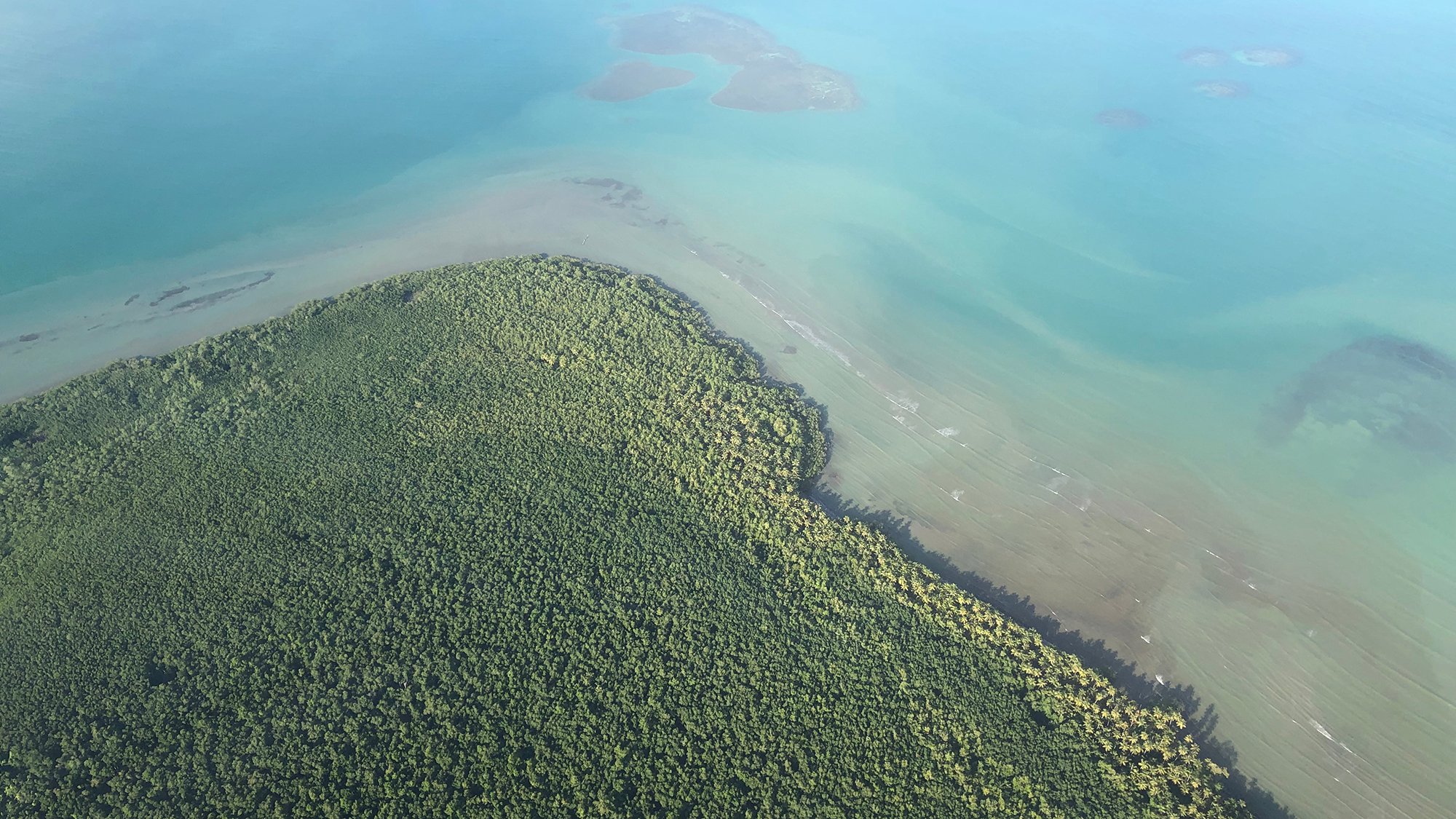 ;
;

